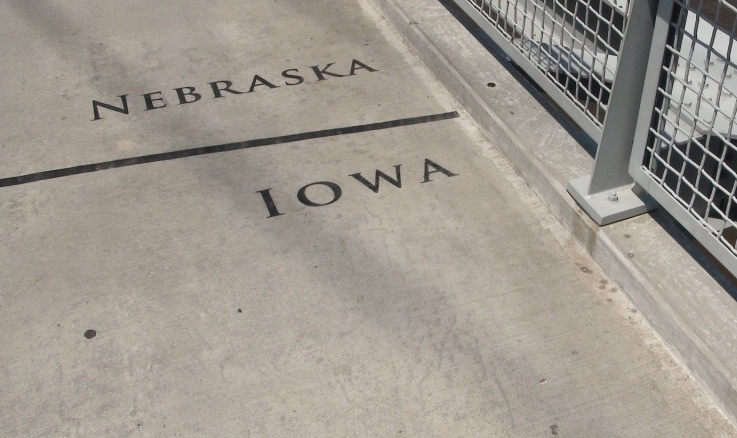Many workers are hired in one state but are required to attend orientation or participate in a hiring process in another state because their potential employer is principally located and doing business there. Once they are hired and accept the job, they are then required to work in another state for various reasons. In these situations, many workers do not realize that a different state’s laws could apply to their workers’ compensation claim if they are injured in a state that is
- different from where they were hired,
- different than where they accepted the job,
- different from where their employer is principally located or performing work, or
- even different than where they currently live.
If you have been injured in another state, you may be eligible to have your workers’ compensation benefits determined by another state’s laws. This is important, as the benefits you could be entitled to are different in every state. In certain respects, the differences are significant in terms of the amount of weekly benefits, permanent benefits, or type and duration of medical care you may be able to receive.
The right to choose your family physician to treat you for your injury or the amount and duration of the disability benefits you may be entitled to are significantly different in every state. Let’s consider a few pairs of cities:
- Omaha, Nebraska & Council Bluffs, Iowa
- Sioux City, Nebraska & Sioux City, Iowa
- Nebraska City, Nebrsaka & Harlan, Iowa
These cities in different in Iowa and Nebraska border each other, and a great number of residents from one are employed and work in the other. If you are injured in one state but live in another, and depending on where you were hired or where you were when you accepted the employment, you may have a Nebraska or Iowa workers’ compensation claim, or even both.
Nebraska
If your employment or your accident has any ties to the state of Nebraska, your employer is required to file a First Report of Injury with the Nebraska Workers’ Compensation Court. When this occurs, it is common for the Nebraska Workers’ Compensation Court to actually mail you a copy of your own First Report of Injury that was filed with the court by your employer. Just because a First Report of Injury was filed in Nebraska and just because the Nebraska Workers’ Compensation Court sends you a copy does not mean you are limited to Nebraska for the benefits that you may be entitled to.
Iowa
It is also normal for an insurance carrier of the employer to mail you a letter that says, “Your employment agreement, whether in writing or made in person, required your accident to fall under Iowa law,” or some other state’s law. Generally, no one has the right to decide for you which state your case can be determined in. It is a question of each state’s laws that determine where your claim can be processed.
Nebraska and Iowa
As a matter of general practice, if your accident occurred in that state, your claim and benefits can be determined based on that state’s laws. Other things like where your employer is principally located or where your employer regularly performs work can determine if you have a claim in each state. Further, your contract of hire or where you accepted the employment can also play a part, as well as where you were residing at the time of your accident in relation to where your employer was performing work, can also determine which state you may have a claim in.
These things, as well as what type of benefits each state allow, could make it possible for you to file in both states.
Time Periods to File in Each State
Each state has a certain time period in which to file a claim or action in the compensation court.
- In Nebraska, you have two years from the date of accident OR two years from the date of any payment (weekly disability check, medical bill, mileage, prescription) in which to file an action in the compensation court.
- In Iowa, a person has two years from the date of accident OR three years from the date of payment of a weekly disability benefit check in which to file an action in the compensation court.
Beware, however, that payment under one state’s laws may not save your claim in another state. For example, a payment under Iowa law will count toward a payment in Nebraska. However, a payment under Nebraska law will not count toward a payment under Iowa law.
Award, Order or Settlement Agreement for Benefits
It is important to note as well that an award, order or settlement can affect your right to file a claim in another state.
For example, if one obtains a Court Award, Order or Settlement in Nebraska, this would prevent you from obtaining any benefits in Iowa, if you had the option of pursuing benefits in both states.
On the other hand, if the same person obtained a Court Award, Order or Settlement in Iowa, a person could still pursue additional benefits in Nebraska that are different than what was provided in Iowa.
In both states, the insurance carrier would be entitled to a credit for what they paid in the other state, but you would still have the opportunity to pursue different and additional benefits in the other states, potentially.
Summary
The differences in law issues are often very complex. Whatever your situation is, if you think there might be any question as to which state’s laws apply to your case, you should speak to an experienced attorney who can advise you about the laws in each applicable state.




